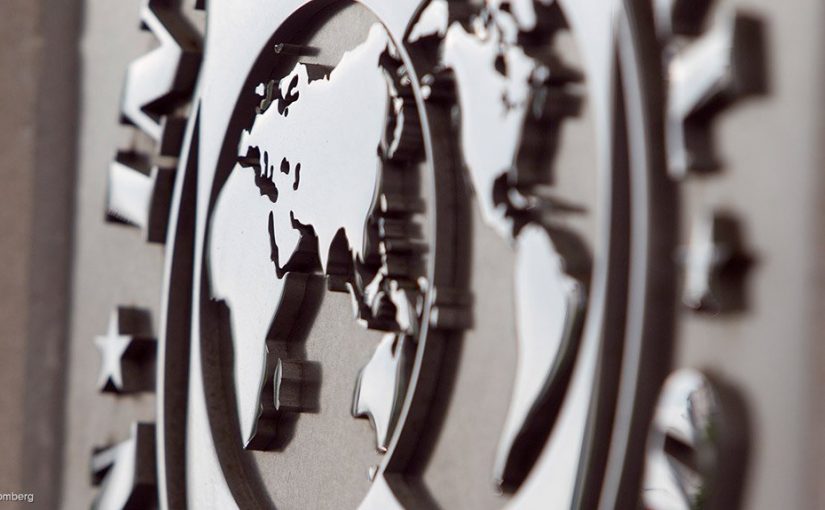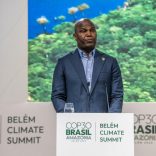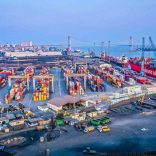Mozambique only authorizes hiring 4,142 workers for the civil service in 2025
Mozambique: Government did not accept publication of technical report on financial assistance – IMF

File photo: AFP
The head of the International Monetary Fund (IMF) mission in Mozambique said yesterday that the Mozambican government had not allowed the dissemination of the technical report [staff report] on the contours of IMF financial assistance, which is usually disclosed in the programme presentation.
“The authorities asked to make changes to the initial report, in a process that is provided for in the internal regulations of the IMF. The authorities did not accept the publication, so what will be published in the coming days is the technical report [‘staff report’] of the first review of the programme,” Alvaro Piris said at the press conference to present the assessment.
“Our policy is clear: the publication of technical reports is presumed but voluntary, so ultimately the authorities can withhold their consent to the publication of a country report, and they did, which, I admit, is not very common,” the IMF mission chief replied when asked by Bloomberg about the absence of the report.
The document that the Mozambican government prohibited from being released includes, as a rule, a letter signed by the authorities, usually the head of government, the finance minister and the central bank governor, in which the main reason for the request for financial assistance is detailed.
This letter is usually accompanied by an IMF report on the country’s needs and yet another government document, in which the authorities present the economic situation and explain what they intend to do to solve the problem or difficulty that motivates the request for IMF support, both documents often being many tens of pages long and providing a detailed written exposition of the country’s financial situation.
“The authorities expressly did not want it to be published the way it was going to be published. I would say that I do not think it is an economically important matter, it is more a question of internal process and differences of views,” Piris said, without specifying exactly what the problem was.
“I don’t think it is in the interest of the international community or foreign investors in the country,” he said, regarding the ban on disclosing the documents that make up the request for financial assistance, including the Debt Sustainability Analysis, which will only be published on the second evaluation of the programme in 2023.
The IMF returned to assisting Mozambique only this year, after suspending budget aid due to the ‘hidden debts’ scandal in 2016, with a financial assistance programme worth US$456 million aimed at creating budgetary margin for government investment in human capital, climate adaptation and infrastructure.
“All end-June 2022 program performance criteria, indicative targets and the structural benchmark were met. The monetary policy stance and proactive tightening since early 2021 are deemed appropriate to address higher than expected inflation,” the IMF writes in the note by the board of directors that reports the approval of the first review of the Extended Credit Line (ECF).
The approval of the first review of the three-year programme, approved in May of this year, represents an immediate disbursement of US$59.2 million (almost €58 million), out of a total of US$456 million dollars (€443 million) included in the financial adjustment programme, of which Mozambique has already received around US$150 million (€145 million).












Leave a Reply
Be the First to Comment!
You must be logged in to post a comment.
You must be logged in to post a comment.